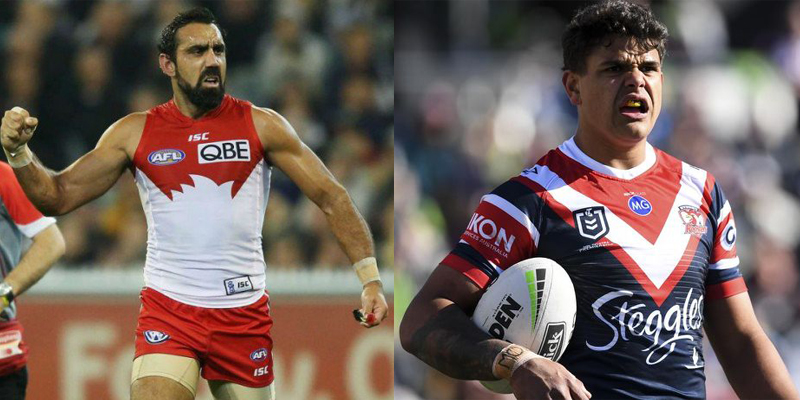Australia/Israel Review
The Last Word: Just not cricket
Aug 30, 2019 | Jeremy Jones

During my high school years, I spent afternoons volunteering at a centre in the Sydney suburb of Paddington which provided after-school activities, including crafts, sport and homework assistance.
A number of the children were Indigenous and I learned from them how important role models of success are for marginalised and alienated children.
Indigenous sports stars were admired, without regard to the teams they played for or the sport in which they participated.
In my later interactions with children from minority religious and recently arrived immigrant groups, I again saw how sport provided not only opportunity and a pathway to success, but could also serve to inspire by providing role models.
That is not to say that there was no racism on the field or that spectators respected prowess and skill in a way which would override existing bigotry.
I have a clear memory of being at the Sydney Cricket Ground watching the Premiers, the South Sydney Rabbitohs, play St George, when a Jewish player, Mark Shulman, made his top-grade debut. Standing quite close to me was Australia’s most prominent neo-Nazi and well known St George supporter Ross “The Skull” May.
Once he became aware that not only was there a Jewish player on the field, but he was playing for St George, The Skull added “and the Jew” to his previous call for violence to be done to the Indigenous men playing against his team.
A few people laughed at the inanity of the pathetic wannabe Fuhrer, with little thought given to the impact of racist rhetoric on those against whom it was being directed.
I contrast this with the crowd reaction, some years later, when Sri Lanka played Australia at cricket at the same ground. A loutish spectator started a racist rant directed at Sri Lankans. Many others heckled back, requesting that he go back to wherever he had come from that day, before security guards acted on the crowd’s request and escorted him out.
The experiences of Australian Rules footballer Adam Goodes and Rugby League’s Latrell Mitchell have provided a more recent platform for debate and discussion on both the prevalence of racism and the best ways for both its targets and society in general to respond.
It is easy to stereotype sports fans as uncouth and unsophisticated, but some of my recent experiences reflect that racism is ubiquitous.
In a renowned bookshop in Porto, Portugal, I overheard a long racist rant as a shop assistant complained to European customers about the lack of sophistication, as she saw it, of Asians. (I was grateful that a young Australian woman loudly and firmly informed the shop assistant that it was unpleasant to ever have to hear such bigoted stupidity and that it had taken away the pleasure of a visit to a home of literature.)
Just as literature is meant to broaden one’s mind, so is travel, but a pleasurable day in a game park in Kenya was marred by a guide and some boorish Australian tourists bemoaning the behaviour of Chinese travellers, however, it was pleasurable to witness their embarrassment when another Australian not only revealed he read and spoke Mandarin but was able to exemplify a way of discussing cultural differences without sinking to stereotyping and bigotry.
At a National Day event at NSW Parliament House in August, celebrating the opportunities provided within Australia for people of many backgrounds to come to know and appreciate each other, I was asked “Why Jews are so rich”. My questioner’s colleagues skillfully steered the conversation into one about education and overcoming stereotypes.
Racism in its many manifestations is, far too often, allowed to be articulated and practised without any response, let alone real consequences.
We should all be grateful to the athletes, commentators and thoughtful men and women who not only tell racists that what they are doing is wrong but act in a manner which reflect and promote the dignity of all members of the human family.
Tags: Antisemitism, Australia, Racism






